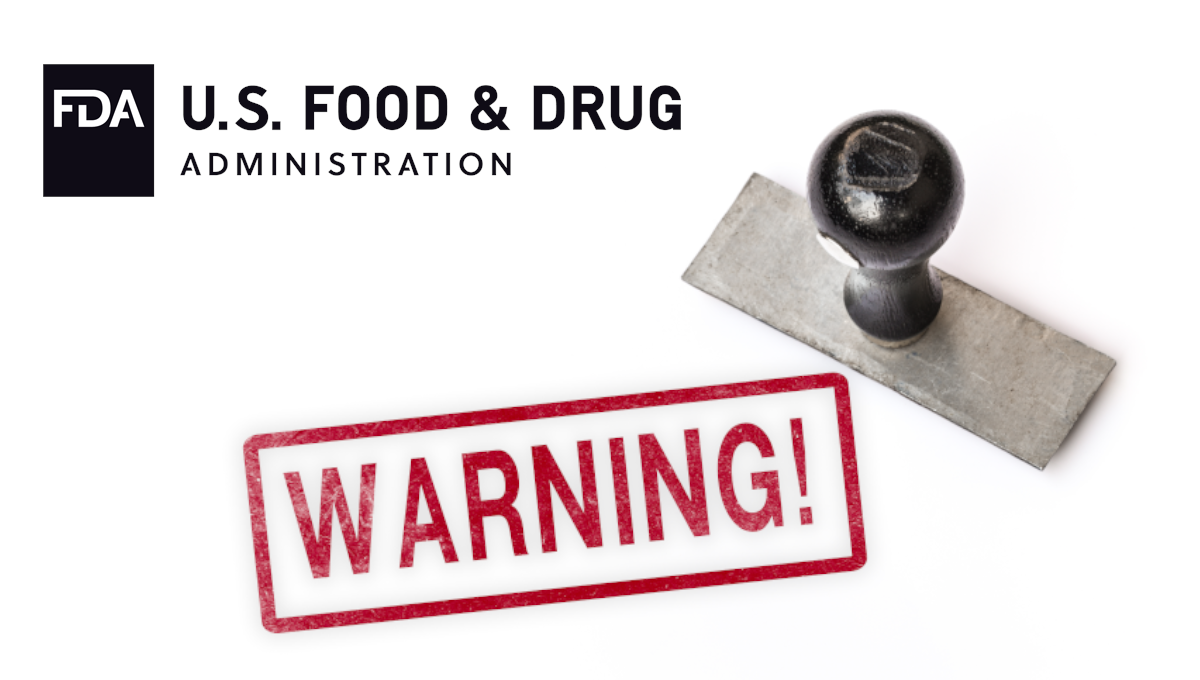—
Trial didn’t meet primary outcome, but functional independence scores were better
by
Judy George,
Deputy Managing Editor, MedPage Today
June 13, 2024
- A liberal blood transfusion strategy didn’t reduce the risk of an unfavorable neurologic outcome at 6 months in critically ill patients with traumatic brain injury.
- However, it did lead to higher scores in some, but not all, measures of functional independence and quality of life.
- Transfusion strategy was not associated with either mortality or depression.
A liberal blood transfusion strategy didn’t reduce the risk of an unfavorable neurologic outcome at 6 months in critically ill patients with traumatic brain injury (TBI) but showed other possible benefits, the HEMOTION trial found.
An unfavorable outcome occurred in 68.4% of the liberal-strategy group and 73.5% of the restrictive-strategy group (adjusted difference 5.4 percentage points, 95% CI -2.9 to 13.7), according to Alexis Turgeon, MD, of CHU de Québec-Université Laval in Canada, and co-authors.
However, the liberal strategy was tied to higher scores in some, but not all, measures of functional independence and quality of life, the researchers reported in the New England Journal of Medicine. The findings were presented simultaneously at the Critical Care Reviews meeting in Belfast, Ireland.
Outcomes significantly favored the liberal group for the following secondary endpoints, with differences compared with restrictive transfusion of:
- 4.34 points in overall Functional Independence Measure scores
- 5.19 points in EuroQol visual analogue scale scores
- 0.06 points in the EuroQol five-dimension, five-level utility index scores
Between group differences were not significant for Quality of Life after Brain Injury scores or Patient Health Questionnaire-9 scores for depression. Minimally important differences for TBI have not been established for these measures and no adjustment was made for multiple comparisons, the researchers noted.
“The combined incidence of death and major disability was not statistically different between the two groups, but seemed [to be] favoring the liberal strategy in all analyses,” Turgeon said in a statement.
“In light of the overall results of our study and considering the safety of current blood transfusions, the liberal strategy is probably the option that should be preferred in the acute phase of care to improve long-term prognosis following TBI,” he suggested. “By improving oxygen transport to the brain during the acute phase of care, it may be possible to save more nerve cells in the days following a TBI, thereby preventing additional brain damage.”
Anemia develops in most critically ill patients with TBI and may reduce oxygen to the brain and contribute to poor outcomes. Trials of transfusion strategies in critically ill adults and children showed no mortality benefit in maintaining high hemoglobin levels.
“However, these trials included very few patients with neurologic injuries and focused on mortality; they thus provide insufficient guidance for the care of patients with traumatic brain injury, for whom long-term neurologic function is the most important outcome,” Turgeon and co-authors wrote.
“Clinical guidelines and reviews comparing the effects of liberal transfusion strategies with those of restrictive transfusion strategies emphasize that current data are not sufficient to guide transfusion practices in patients with traumatic brain injury,” they added.
From September 2017 to April 2023, HEMOTION randomized 742 adults with moderate or severe TBI and anemia to receive transfusion of red cells according to a liberal strategy (transfusions triggered by a hemoglobin level ≤10 g/dL) or a restrictive strategy (transfusions started at a hemoglobin ≤7 g/dL). The study was conducted in 34 hospitals in Canada, the United Kingdom, France, and Brazil.
Trial inclusion criteria specified a Glasgow Coma Scale score of 3 to 12 (scores range from 3 to 15, and lower scores indicate lower levels of consciousness). Most participants were men (72.7%), the mean age was about 48, and 73.2% had severe traumatic brain injury. More than two-thirds had extracranial injuries.
The primary endpoint was an unfavorable outcome at 6 months on the Glasgow Outcome Scale-Extended (GOS-E). Scores on this scale range from 1 (death) to 8 (a full return to normal life). HEMOTION researchers defined an unfavorable outcome using a sliding dichotomy of GOS-E scores, according to the prognosis of each patient at baseline. Secondary outcomes included mortality, functional independence, quality of life, and depression at 6 months.
The relative risk of an unfavorable GOS-E outcome in the liberal group versus the restrictive group was 0.93 (95% CI 0.83-1.04). Findings were consistent across patients with the worst, intermediate, and best predicted prognoses and in sensitivity analyses.
Mortality was 26.8% in the liberal group and 26.3% in the restrictive group at 6 months. Venous thromboembolic events occurred in 8.4% of each group. Acute respiratory distress syndrome emerged in 3.3% of the liberal-approach group and 0.8% of the restrictive group.
The trial recruited only patients with anemia, which is a population that tends to have more severe TBI at baseline, Turgeon and co-authors noted. “Detection of small treatment effects becomes more challenging as the baseline risk increases,” they observed. In addition, the liberal and restrictive groups had some imbalances at baseline.
Judy George covers neurology and neuroscience news for MedPage Today, writing about brain aging, Alzheimer’s, dementia, MS, rare diseases, epilepsy, autism, headache, stroke, Parkinson’s, ALS, concussion, CTE, sleep, pain, and more. Follow
Disclosures
The HEMOTION trial was funded by the Canadian Institutes of Health Research and others.
Turgeon reported being the Canada Research Chair in Critical Care Neurology and Trauma.
Co-authors disclosed relationships with academic institutions, non-profit groups, and industry.
Primary Source
New England Journal of Medicine
Source Reference: Turgeon AF, et al “Liberal or restrictive transfusion strategy in patients with traumatic brain injury” N Engl J Med 2024; DOI: 10.1056/NEJMoa240436.
Note: This article have been indexed to our site. We do not claim legitimacy, ownership or copyright of any of the content above. To see the article at original source Click Here













